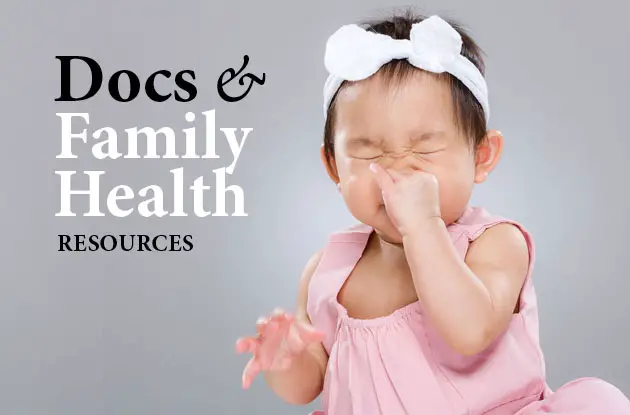Experts from the Centers for Disease Control and Prevention explain why you should get your child vaccinated and why it’s especially important to follow the vaccine schedule recommended by your child’s doctor.
 Parents agree that feeding and sleep schedules are important to help keep their children healthy. The same goes for childhood immunizations. Vaccinating children on time is the best way to protect them against 14 serious and potentially deadly diseases before their second birthday.
Parents agree that feeding and sleep schedules are important to help keep their children healthy. The same goes for childhood immunizations. Vaccinating children on time is the best way to protect them against 14 serious and potentially deadly diseases before their second birthday.
“The recommended immunization schedule is designed to offer protection early in life, when babies are vulnerable and before it’s likely they will be exposed to diseases,” says Dr. Anne Schuchat, assistant surgeon general and director of the Centers for Disease Control and Prevention’s National Center for Immunization and Respiratory Diseases.
Public health and medical experts base their vaccine recommendations on many factors. They study information about diseases and vaccines very carefully to decide which vaccines kids should get and when they should get them for best protection.
Should my child get all of the recommended vaccinations?
Although the number of vaccines a child needs in the first two years may seem like a lot, doctors know a great deal about the human immune system, and they know that a healthy baby’s immune system can handle getting all vaccines when they are recommended.
Parents who are concerned about the number of shots given at one time can reduce the number given at a visit by using the flexibility built into the recommended immunization schedule. For example, the third dose of hepatitis B vaccine can be given at 6 through 18 months of age. Parents can work with their child’s health care professional to have their child get this dose at any time during that age range.
What are the risks if I don’t get my child vaccinated?
When parents choose not to vaccinate or to follow a delayed schedule, children are left unprotected against diseases that still circulate in this country, like measles and whooping cough. In 2010, more than 27,000 cases of whooping cough were reported nationally with 27 deaths – 25 of which were infants.
In 2011, 222 people were reported to have measles in the United States—that’s more than any year since 1996. Staying on track with the immunization schedule ensures that children have the best protection against diseases like these by age 2.
Dr. Schuchat cautions against parents delaying vaccination: “There is no known benefit to delaying vaccination. In fact, it puts babies at risk of getting sick because they are left vulnerable to catch serious diseases during the time they are not protected by vaccines.”
“I make sure my kids are vaccinated on time,” says Dr. Yabo Beysolow of CDC, mother of three. “Getting children all the vaccines they need by age 2 is one of the best things parents can do to help keep their children safe and healthy.”
If you have questions about the childhood immunization schedule, talk with your child’s doctor or nurse. For more information about vaccines, go to cdc.gov/vaccines/parents.
Also see:
Why Parents Should Say ‘Yes’ to Immunizations for Their Children



















